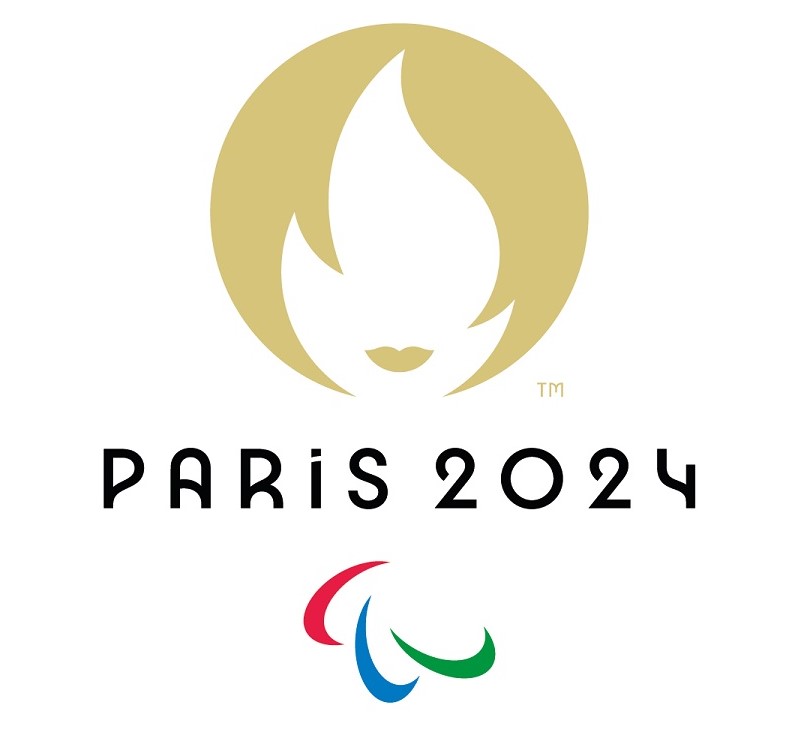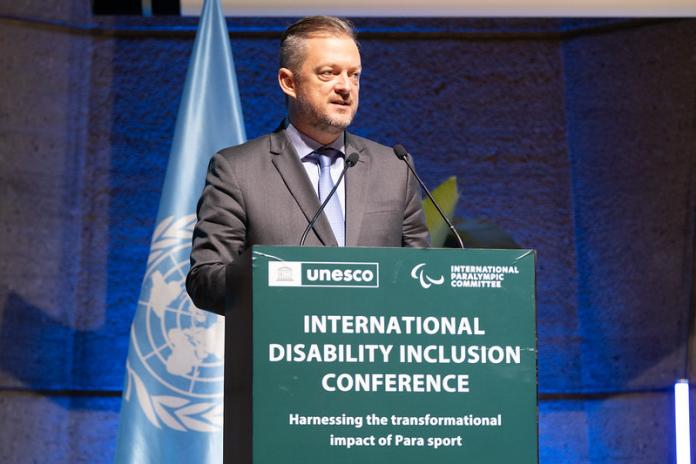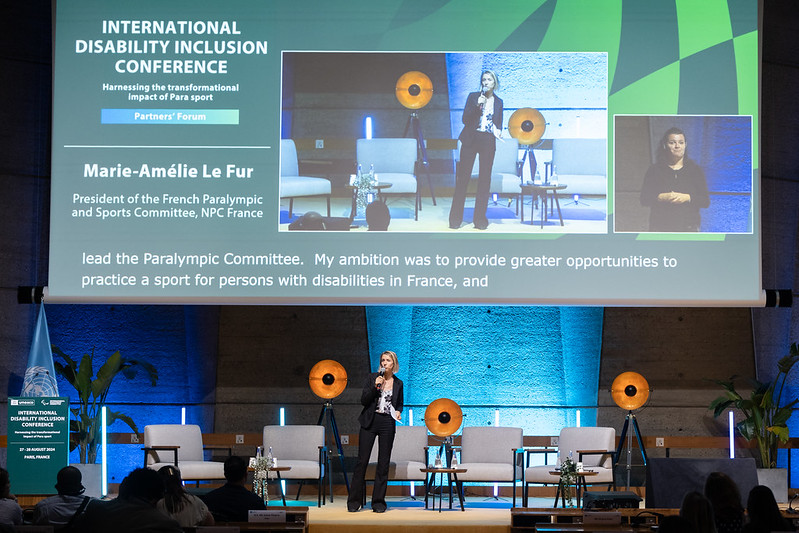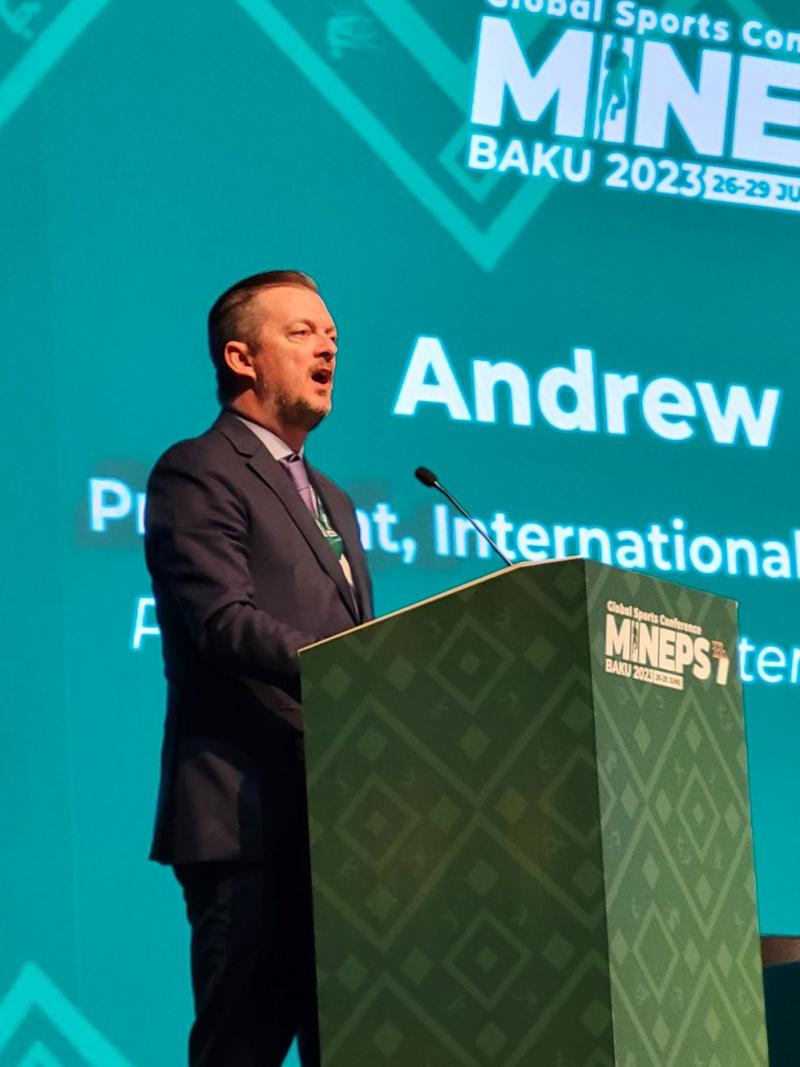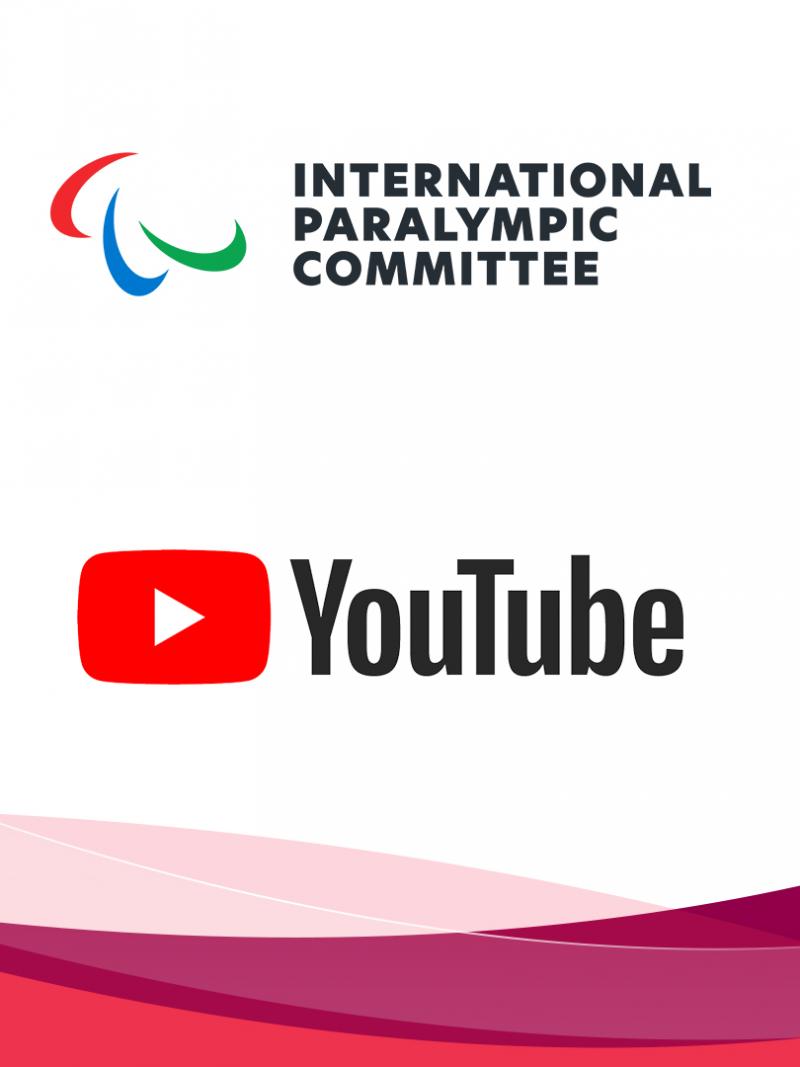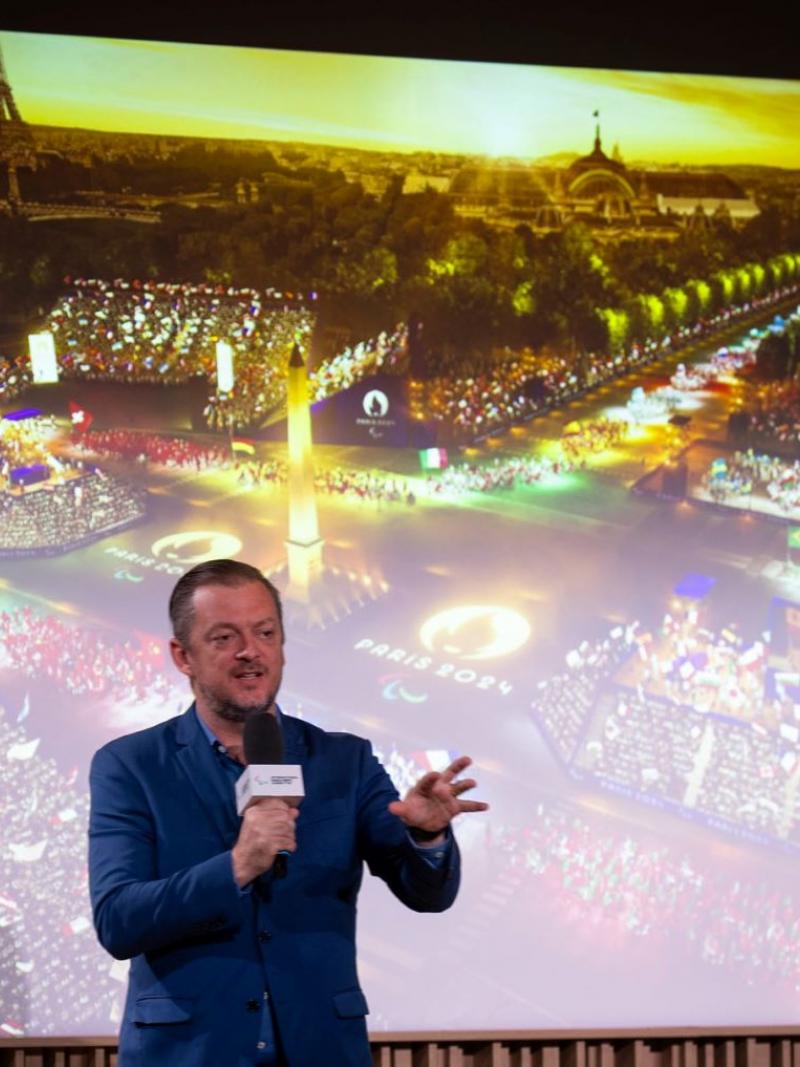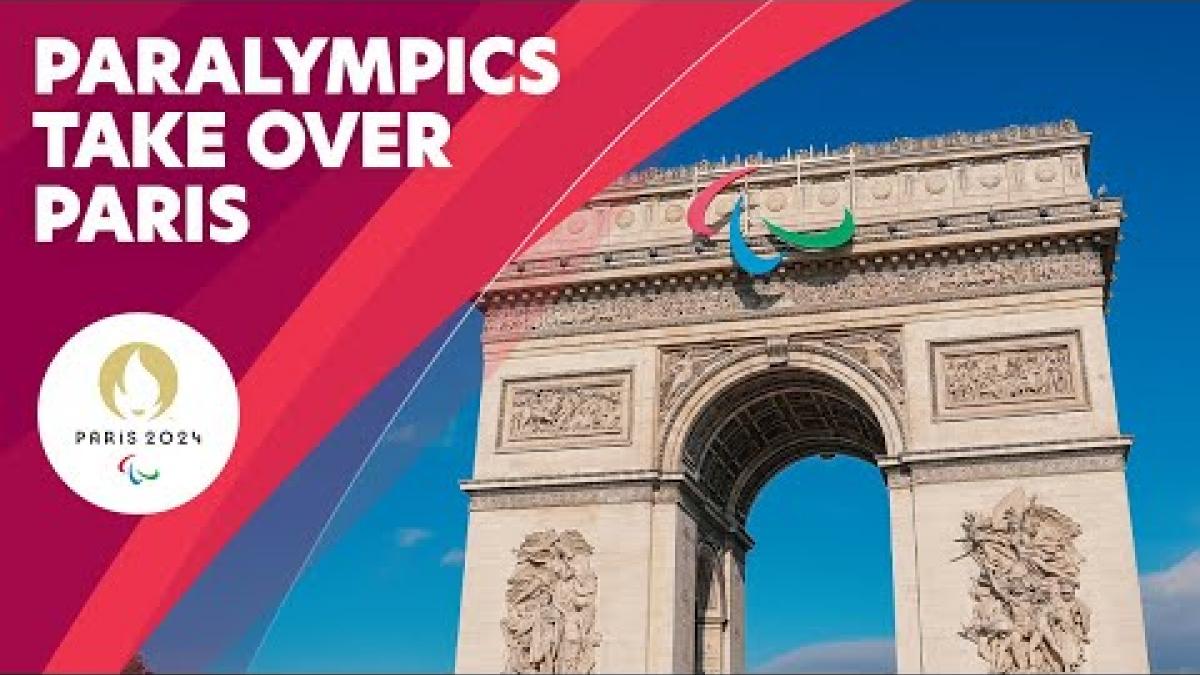Paris 2024: IPC and UNESCO call for more inclusive society
The two organisations have staged an inclusion conference to discuss how Para sport can advance the rights and opportunities of persons with disabilities 28 Aug 2024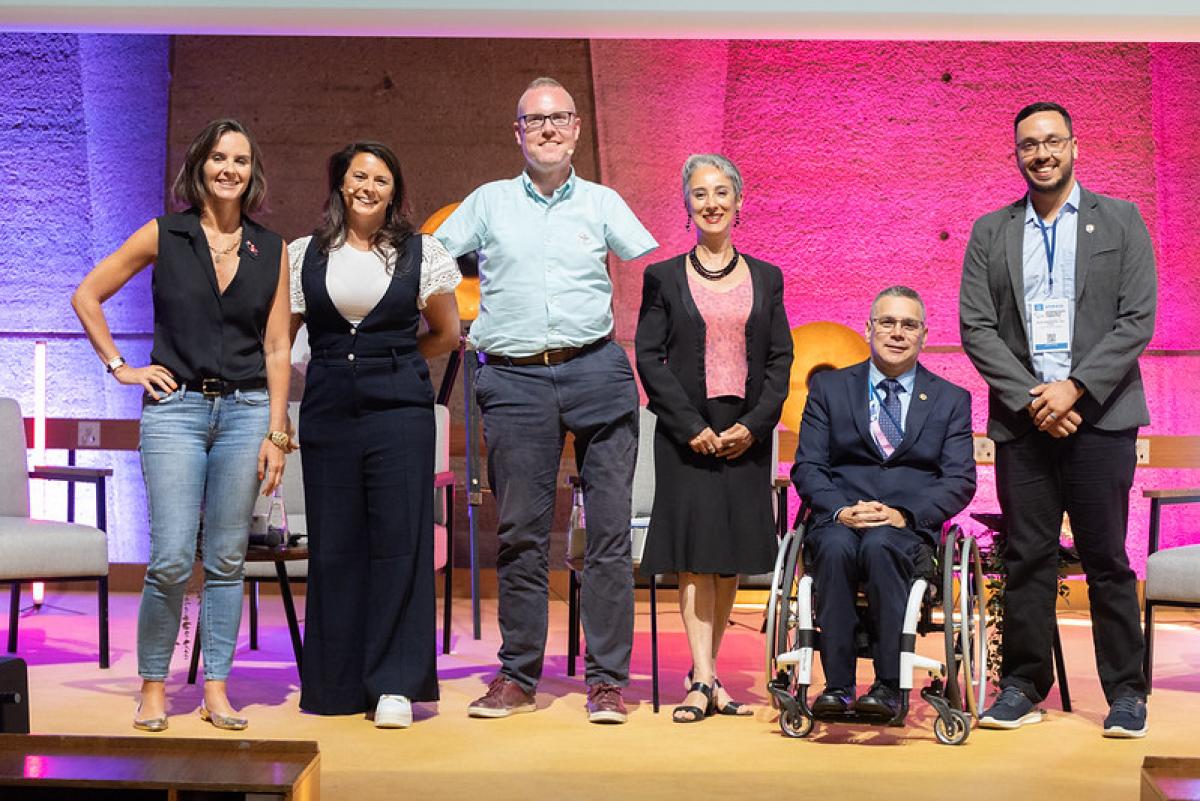
The International Paralympic Committee (IPC) and UNESCO have issued a rallying call for a more inclusive society ahead of the Opening Ceremony of the Paris 2024 Paralympic Games.
The two organisations have been hosting a joint conference in the French capital, bringing together government ministers, athletes and global experts to advance rights and opportunities for the world’s 1.3 billion persons with disabilities.
Removing barriers in sport
‘The International Disability Inclusion Conference: Harnessing the transformational impact of Para sport’ took place at UNESCO’s Paris headquarters on 27 and 28 August.
Held ahead of the opening of the Paris 2024 Paralympic Games, participants looked at ways they can encourage investment from all sectors in inclusive sport and physical activity to further disability inclusion.
In a speech on 28 August, IPC President Andrew Parsons introduced some of the initiatives in France triggered by hosting that Paralympic Games, that have made it easier for people with disabilities to practise sport.
“I could not be happier at all of these measures, but this is my view: it should not take hosting the Paralympic Games for governments to realise the full transformational impact of Para sport in advancing the rights and opportunities of persons with disabilities.
“Working together, we can make a real difference by removing barriers that are currently prohibiting and limiting sports participation because sport can lead the way for the rest of society.
“Let’s get creative and innovative on how we can advance more equitable policies and drive greater investment to ensure that every person with a disability has access to sport.”
Audrey Azoulay, Director-General of UNESCO, stressed the importance that the Paralympic Games play in terms of improving the representation of persons with disabilities, especially in sport and in the media.
“We can take advantage of these Paralympic Games, the most high-profile ever to shine a spotlight on this issue. And if there is one thing that we must overcome at this Paralympic Games, it is not disability. It is the way disability is perceived.
“If we change that, it will not only be for the benefit of people with disabilities. It will be for the benefit of society as a whole”
Ground-breaking conference
Tuesday’s multi-stakeholder Partners Forum focused on five key themes, each of which will showcase expertise and good practices from around the world through a series of impact talks and panel discussions. The five themes included fostering more inclusive societies through Para sport and physical activity, and accessible infrastructure and equipment.
Guest speakers included Paralympian Marie Amelie Le Fur, President of the French Paralympic and Sport Committee; Alex Mahon, CEO of Channel 4; Juan Pablo Salazar, Inclusion Co-ordinator at the Development Bank of Latin America and the Caribbean; Suzanne Edwards, Head of Hosting Accessibility Standards at Airbnb; and James Chiutsi, President of the National Paralympic Committee of Malawi.
Wednesday’s Ministerial Forum examined how governments can make innovative policy changes to further inclusive and accessible sport opportunities as well as explore ways to increase investment in Para sport.
The conference ended with a call to action presented by Carla Qualtrough, Canadian Minister of Sport and Physical Activity and Paralympian.
Torch relay makes stop
Before the opening remarks by Parsons on 28 August, the Paralympic torch relay made a stop at the UNESCO headquarters. Five torchbearers, including Para swimming star Husnah Kukundakwe, carried the torch in front of the Symbolic Globe monument, which is surrounded by flags of many nations.
Speaking later at the conference, Kukundakwe shared her story about how Para sport changed her life. She shared how she used to hide her disability before taking up Para swimming.
“Sport really did raise my confidence. I am happy with who I am.
“I would say my story is the true definition of ‘Change Start With Sport’, not just for myself but even the perception of disability in Uganda… The perception has changed because I am no longer seen as the disabled girl, but as a Paralympian – the girl that was seen on TV swimming really really fast.”




